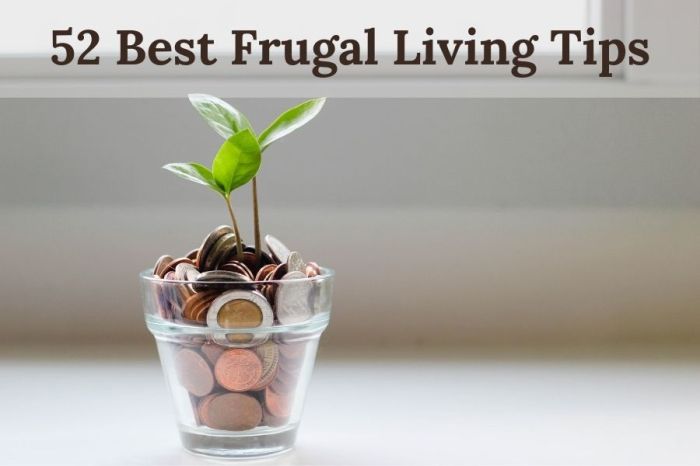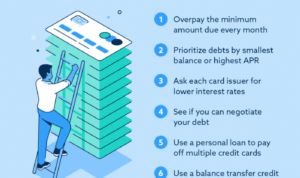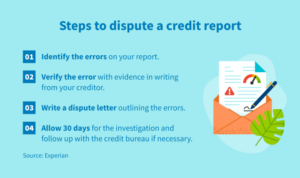Get ready to dive into the world of frugal living tips, where we spill the beans on how to manage your money like a pro. From budgeting strategies to smart shopping habits, this is your ultimate guide to living large on a budget.
Introduction to Frugal Living Tips

Frugal living is all about making smart choices with your money, focusing on saving and living within your means. It is essential for managing finances effectively and achieving long-term financial stability. By adopting frugal living practices, individuals can significantly impact their financial well-being and build a solid foundation for the future.
Benefits of Frugal Living
- Frugal living helps in reducing unnecessary expenses and avoiding debt traps.
- It allows individuals to prioritize their spending on essential items and long-term goals.
- By embracing frugality, people can save more money for emergencies and retirement.
- Frugal living promotes a mindset of simplicity and contentment, leading to reduced stress related to finances.
Budgeting Strategies
Budgeting is a crucial aspect of frugal living, helping you manage your finances effectively and reach your financial goals. There are various budgeting techniques you can use to align your budget with frugal living principles and make the most of your money.
Different Budgeting Techniques
- The 50/30/20 Rule: Allocate 50% of your income to needs, 30% to wants, and 20% to savings and debt repayment.
- Zero-Based Budgeting: Assign every dollar of your income a specific purpose, ensuring that your income minus expenses equals zero.
- Envelope System: Divide your cash into different envelopes for various spending categories, helping you control your spending and stay within budget.
Creating a Frugal Budget
- Start by tracking your expenses to understand where your money is going.
- Identify areas where you can cut back on spending and allocate those savings to your financial goals.
- Set specific financial goals, such as building an emergency fund or paying off debt, and prioritize them in your budget.
Importance of Tracking Expenses and Setting Goals
Tracking your expenses allows you to see where your money is going and identify areas where you can reduce spending. Setting financial goals gives you a clear direction and motivates you to stick to your budget, ensuring that you are on track to achieve your objectives.
Smart Shopping Habits
When it comes to frugal living, smart shopping habits play a crucial role in saving money and sticking to a budget. By making informed choices while grocery shopping, taking advantage of sales, discounts, and coupons, and utilizing bulk buying and meal planning, you can stretch your dollars further and make the most of your budget.
Ways to Save Money While Grocery Shopping
- Make a shopping list and stick to it to avoid impulse purchases.
- Compare prices and look for deals on essential items.
- Consider buying store brands instead of name brands to save money.
- Use coupons and discount codes to lower your grocery bill.
Benefits of Bulk Buying and Meal Planning
- Buying in bulk can save you money in the long run, especially on non-perishable items.
- Meal planning helps you avoid food waste and makes it easier to stick to a budget.
- Preparing meals in advance can save you time and money on last-minute takeout or dining out.
- Consider joining a warehouse club for bulk discounts on groceries and household items.
DIY and Upcycling Ideas
Looking to save money while getting creative? DIY and upcycling projects are the way to go! Repurposing items not only helps reduce waste but also gives a new life to everyday objects.
Creative DIY Projects
Get your hands dirty with these fun and budget-friendly projects:
- Turn old mason jars into stylish candle holders by painting them with vibrant colors.
- Create unique planters by upcycling tin cans or wooden crates.
- Repurpose old t-shirts into reusable shopping bags by simply cutting and sewing the fabric.
Importance of Upcycling
Upcycling is not just a trend, it’s a sustainable way to reduce our environmental impact. By giving a second life to items that would otherwise end up in a landfill, we can help protect the planet for future generations.
Everyday Items to Repurpose
Look around your home and discover new uses for these common items:
- Old glass jars can be transformed into storage containers for spices or office supplies.
- An unused ladder can become a stylish bookshelf or plant stand with a fresh coat of paint.
- Don’t throw away broken furniture – salvage the wood to create custom frames or shelves.
Energy Saving Tips
Saving energy not only helps reduce your utility bills but also benefits the environment. Here are some tips to help you lower your energy consumption at home:
Using Energy-Efficient Appliances and Lighting
Invest in energy-efficient appliances that have the Energy Star label. These appliances use less electricity, which can lead to significant cost savings over time. Additionally, switch to LED light bulbs, which consume less energy and last longer than traditional incandescent bulbs.
Proper Insulation and Temperature Regulation
Ensure that your home is properly insulated to prevent heat loss during the winter and keep cool air inside during the summer. Proper insulation can help reduce the need for heating and cooling, lowering your energy consumption. Additionally, consider using a programmable thermostat to regulate the temperature in your home efficiently.






